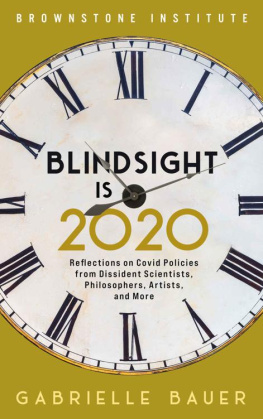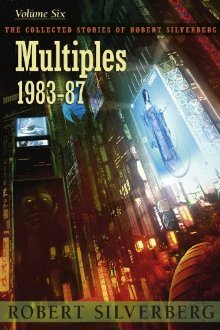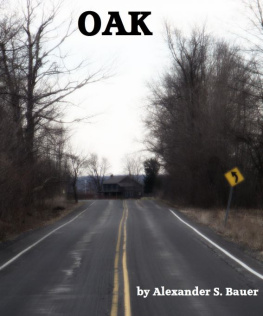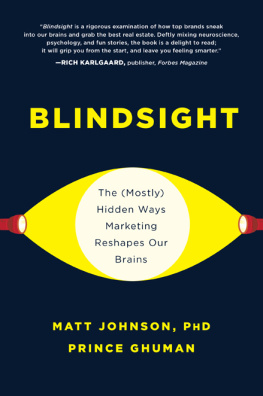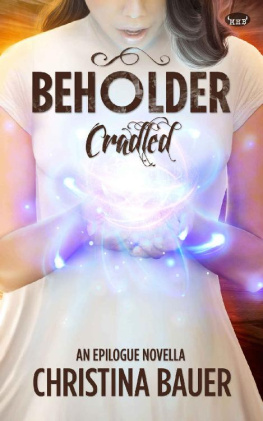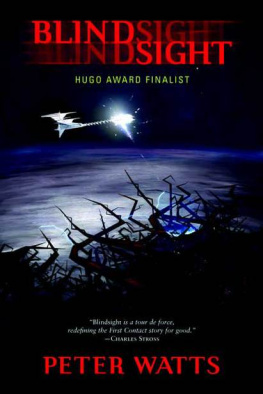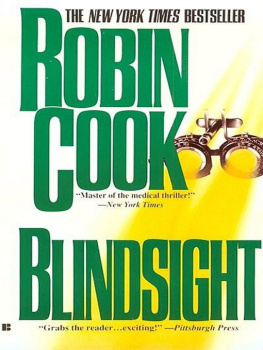
Copyright 2022 Brownstone Institute (Austin, Texas),
Creative Commons Attribution International 4.0.
Physical ISBN: 9781630695859
Digital ISBN: 9781630695866
Design: Vanessa Mendozzi

CONTENTS
T he story went like this: There is a virus going around and its a bad one. Its killing people indiscriminately and will kill many more. We must fight it with everything weve got. Closing businesses, closing schools, canceling all public events, staying homewhatever it takes, for as long as it takes. Its a scientific problem with a scientific solution. We can do this!
There was another story simmering under the first one. It went like this: There is a virus going around. Its nasty and unpredictable, but not a show stopper. We need to take action, but nothing so drastic as shutting down society or hiding out for years on end. Also: the virus is not going away. Lets do our very best to protect those at higher risk. Sound good?
The first story traveled far and wide in a very short time. People blasted it on the nightly news and shouted it to each other on Twitter. They pronounced it the right story, the righteous story, the true story. The second story traveled mainly underground. Those who aired it in public were told to shut up and follow the science. If they brought up the harms of closing down society, they were reminded that the soldiers in the World War 1 trenches had it much worse. If they objected to placing a disproportionate burden on children and youth, they were accused of not caring about old people. If they breathed a word about civil liberties, they were told that freedumbs had no place in a pandemic.
The first story was a war story: an invisible enemy had invaded our land and we had to pour all our resources into defeating it. Everything elsesocial life, economic life, spiritual life, happiness, human rights, all that jazzcould come later. The second story was an ecological story: a virus had entered and recalibrated our ecosystem. It looked like we couldnt make it go away, so we had to find a way to live with it while preserving the social fabric.
The two stories continued to unfold in tandem, the gulf between them widening with each passing month. Beneath all the arguments about the science lay a fundamental difference in world view, a divergent vision of the type of world needed to steer humanity through a pandemic: A world of alarm or equanimity? A world with more central authority or more personal choice? A world that keeps fighting to the bitter end or flexes with a force of nature?
This book is about the people who told the second story, the people driven to explore the question: Might there be a less drastic and destructive way to deal with all this?
As a health and medical writer for the past 28 years, I have a basic familiarity with infectious disease science and an abiding interest in learning more. But my primary interest, as a journalist and a human taking my turn on the planet, lies in the social and psychological side of the pandemicthe forces that led the first story to take over and drove the second story underground.
Many smart people have told the second story: epidemiologists, public health experts, doctors, psychologists, cognitive scientists, historians, novelists, mathematicians, lawyers, comedians, and musicians. While they didnt always agree on the fine points, they all took issue with the worlds single-minded focus on stamping out a virus and the hastily conceived means to this end.
I have selected 46 of these people to help bring the lockdown-skeptical perspective to life. Some of them are world famous. Others have a lower profile, but their fresh and powerful insights give them pride of place on my list. They lit up my own way as I stumbled through the lockdowns and the byzantine set of rules that followed, bewildered at what the world had become.
I see them as the true experts on the pandemic. They looked beyond the science and into the beating human heart. They looked at the lockdown policies holistically, considering not only the shape of the curve but the state of the worlds mental and spiritual health. Recognizing that a pandemic gives us only bad choices, they asked the tough questions about balancing priorities and harms.
Questions like these: Should the precautionary principle guide pandemic management? If so, for how long? Does the aim of stopping a virus supersede all other considerations? What is the common good, and who gets to define it? Where do human rights begin and end in a pandemic? When does government action become overreach? An article in the Financial Times puts it this way: Is it wise or fair to impose radical limits on the freedom of all with no apparent limits in sight?
Now that three years have gone by, we understand that this virus doesnt bend to our will. Serious studies (detailed in subsequent chapters) have called the benefits of the Covid policies into question Weve entered the fifty shades of moral grey. We have the opportunityand the obligationto reflect on the worlds choice to run with the first story, despite the havoc it wreaked on society.
I think of the parallel Covid stories as the two sides on a long-playing vinyl album (which tells you something about my age). Side A is the first story, the one with all the flashy tunes. Side B, the second story, has the quirky, rule-bending tracks that nobody wants to play at parties. Side B contains some angry songs, even rude ones. No surprise there: when everyone keeps telling you to shut up, you cant be blamed for losing patience.
Had team A acknowledged the downsides of locking up the world and the difficulty of finding the right balance, team B might have felt a tad less resentful. Instead, the decision makers and their supporters ignored the skeptics early warnings and mocked their concerns, thereby fueling the very backlash they had hoped to avoid.
Side A has been dominating the airwaves for three years now, its bellicose tunes etched into our brains. We lost the war anyway and theres a big mess to clean up. Side B surveys the damage.
Many books about Covid proceed in chronological order, from the lockdowns and vaccine rollout through the Delta and Omicron waves, offering analysis and insight at each stage. This book takes a different approach, with a structure informed by people and themes, rather than events.
Each chapter showcases one or more thought leaders converging on a specific theme, such as fear, freedom, social contagion, medical ethics, and institutional overreach. Theres oncologist and public health expert Vinay Prasad, who explains why scienceeven very good sciencecannot be followed. Psychology professor Mattias Desmet describes the societal forces that led to Covid groupthink. Jennifer Sey, whose principles cost her a CEO position and a million dollars, calls out the mistreatment of children in the name of Covid. Lionel Shriver, the salty novelist of We Need To Talk About Kevin fame, reminds us why freedom matters, even in a pandemic. Zuby, my personal candidate for worlds most eloquent rapper, calls out the hubris and harms of zero-risk culture in his pithy tweets. These and the other luminaries featured in the book help us understand the forces that shaped the dominant narrative and the places where it lost the plot.
Along with the featured 46, Ive drawn from the writings of numerous other Covid commentators whose sharp observations cut through the noise. Even so, my list is far from exhaustive. In the interest of balancing perspectives from various disciplines, Ive left out dozens of people I admire and no doubt hundreds more I dont know about. My choices simply reflect the aims of the book and the serendipitous events that placed some important dissenting thinkers in my path.
Next page
